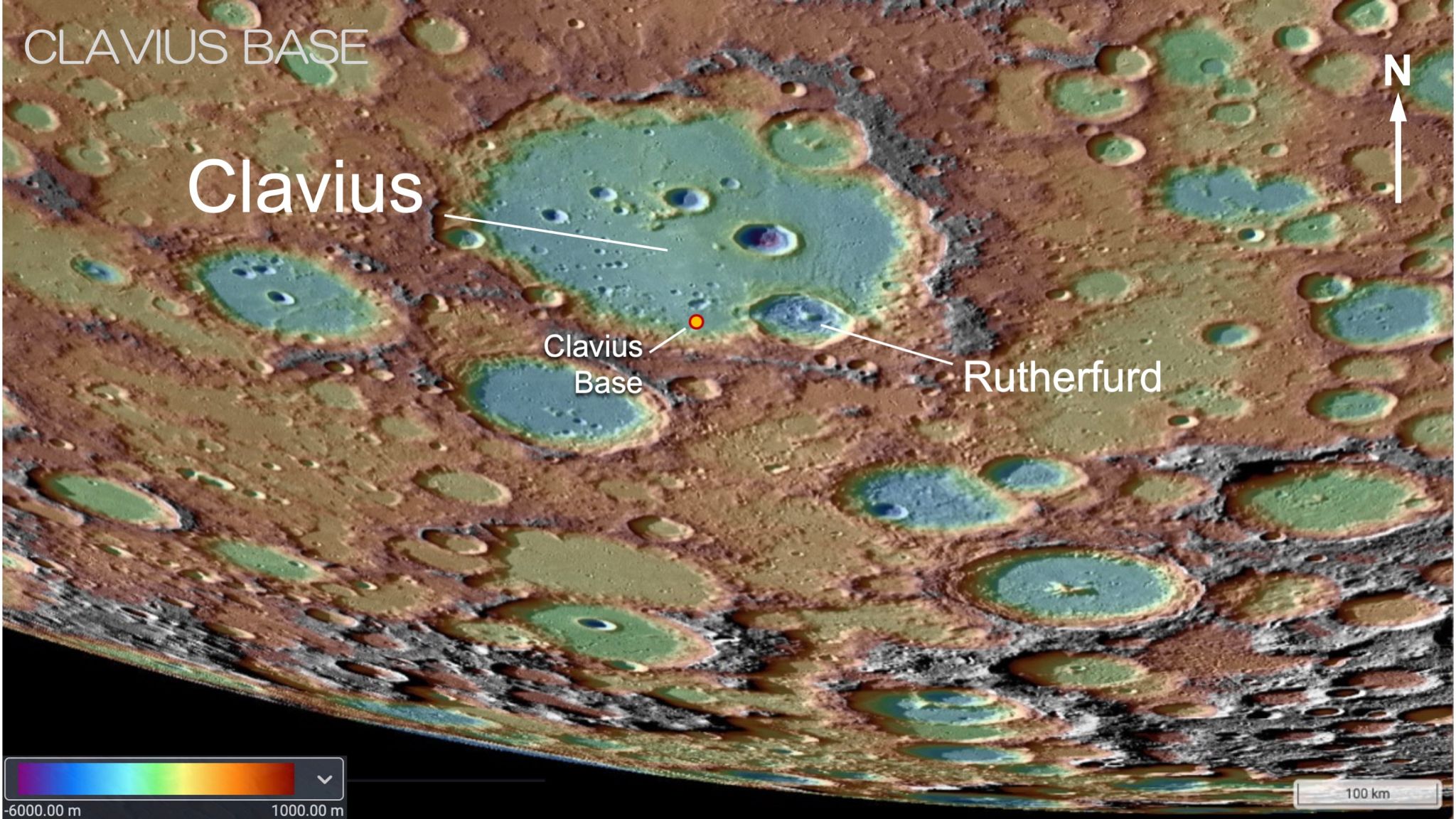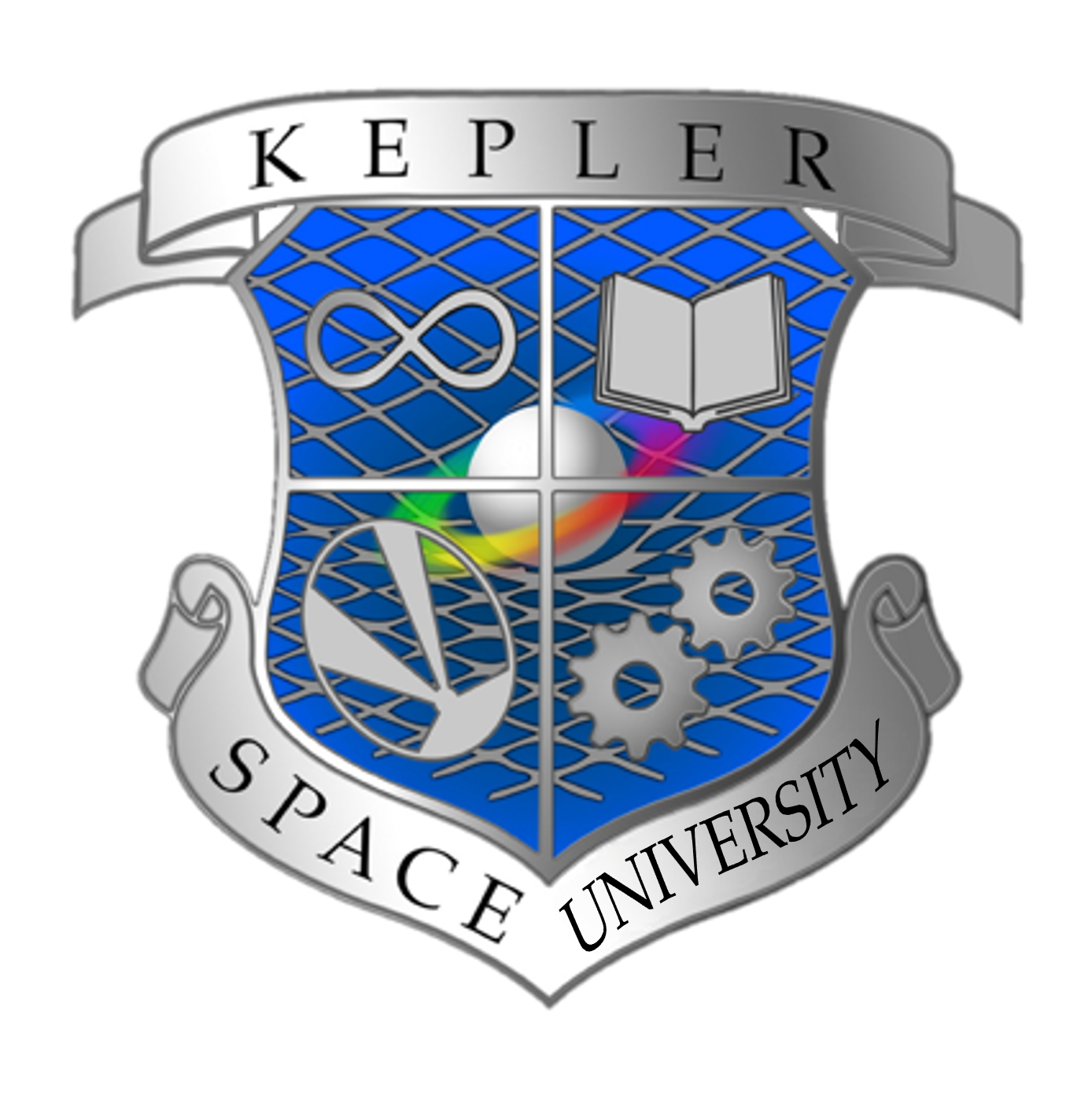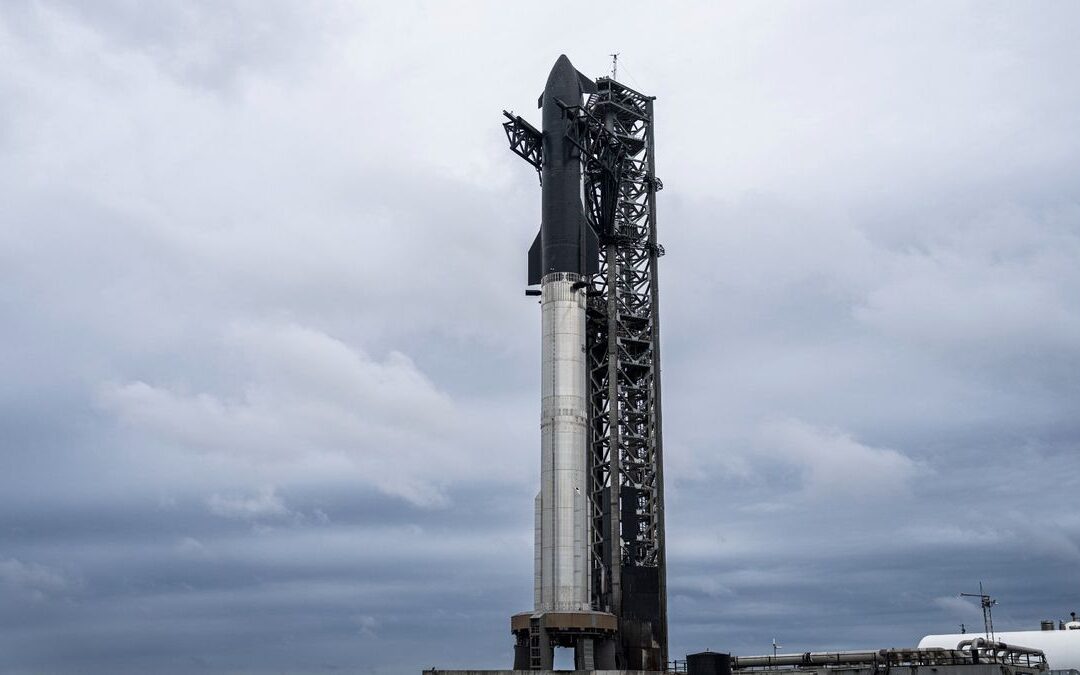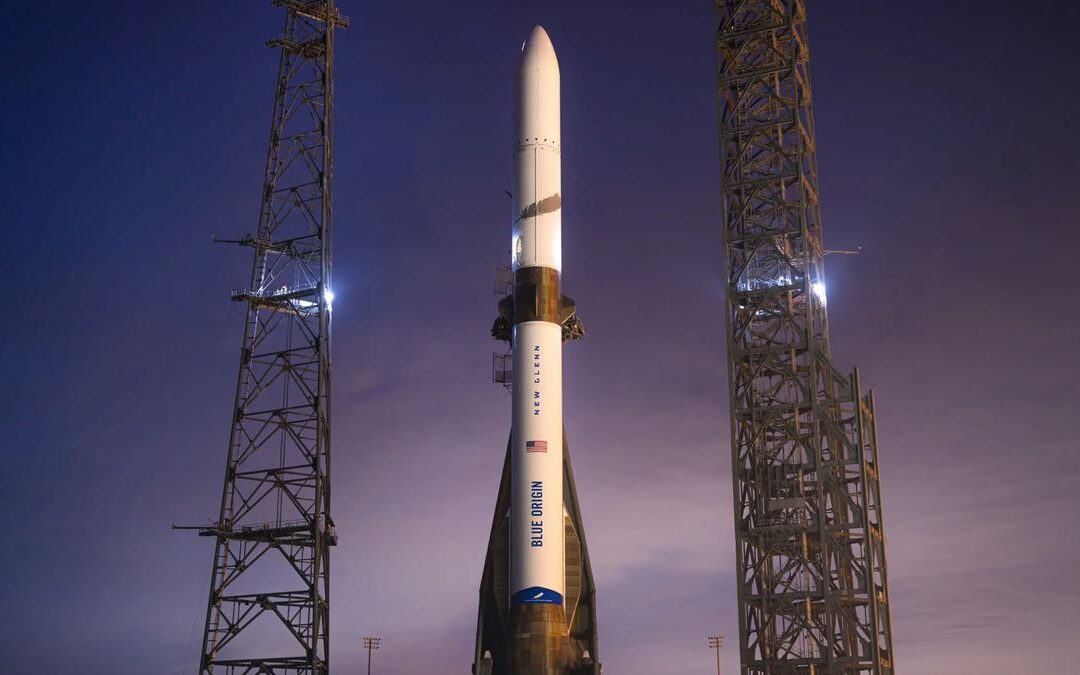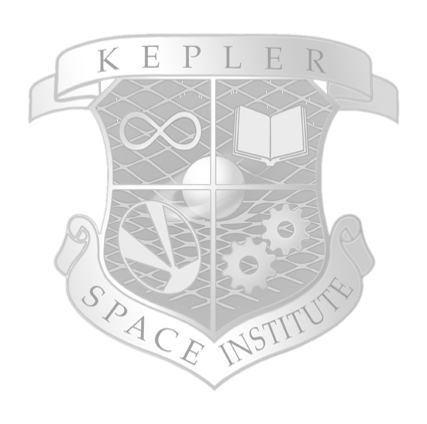THE TALK: A Moon Base at Clavius
Establishing a fixed base on the Moon at a high southern latitude but off-polar site, with a versatile mobility system for surface and point-to-point transportation, would far more optimally serve the United States’ science, exploration, and strategic interests on the Moon than the series of sortie missions to the lunar south polar regions currently planned in the Artemis program. In an ongoing search for candidate sites to establish a lunar base, Clavius crater is emerging as an intriguing option. It offers unique and exciting geology spanning almost the entire history of the Moon, and relatively easy access to many other sites of interest including the lunar South Pole. Beyond Clavius’ exceptional inherent value, a “Clavius Base”, first depicted in the movie “2001: A Space Odyssey”, could also serve as a public engaging case of reality meeting fiction.
Dr. Pascal Lee is a planetary scientist with the SETI Institute, the Mars Institute, and NASA Ames Research Center in Mountain View, California. He is also professor of planetary sciences at Kepler Space University.
Pascal studied physics at the University of Paris-Sorbonne and holds an M.E. in engineering geology and geophysics from Polytech-Sorbonne. He went on to earn a MS and PhD in astronomy and space sciences from Cornell University where he was Carl Sagan’s last T.A. His research focuses on the Moon and Mars, in particular the history of water and ice, and planning the future human exploration of these worlds. Earlier this year, he and his student, Sourabh Shubham, announced the discovery of a previously unrecognized giant volcano on Mars, the Noctis Volcano.
Pascal has led over 30 expeditions to the Arctic and Antarctica to study Mars by comparison with the Earth. He wintered-over for 402 days at the French Antarctic base, Dumont d’Urville, and also led the Northwest Passage Drive Expedition – a record-setting vehicular drive across the Arctic along the fabled Northwest Passage, and now the subject of the award-winning motion picture documentary film, Passage To Mars.
Dr Lee is currently a member of the US National Academies’ steering committee on “A Science Strategy for the Human Exploration of Mars”. He is a recipient of the United States Antarctica Service Medal, the National Space Society Space Pioneer Award for Science and Engineering, the Space Frontier Foundation’s Vision to Reality Award, and the Sagan Prize for the Popularization of Science.
In his free time, Pascal likes to be walked by his dog Apollo, fly, and paint. He is an FAA-certified helicopter commercial pilot and flight instructor. His oil paintings on Mars exploration and spacetime travel are in collections worldwide.
Register for free: Learn More
